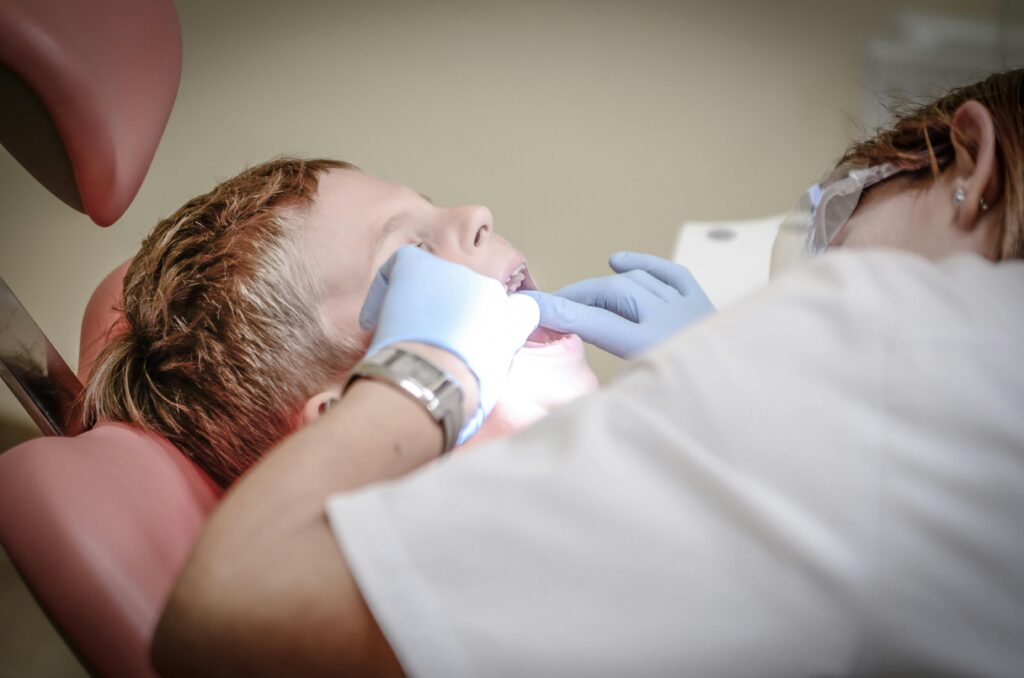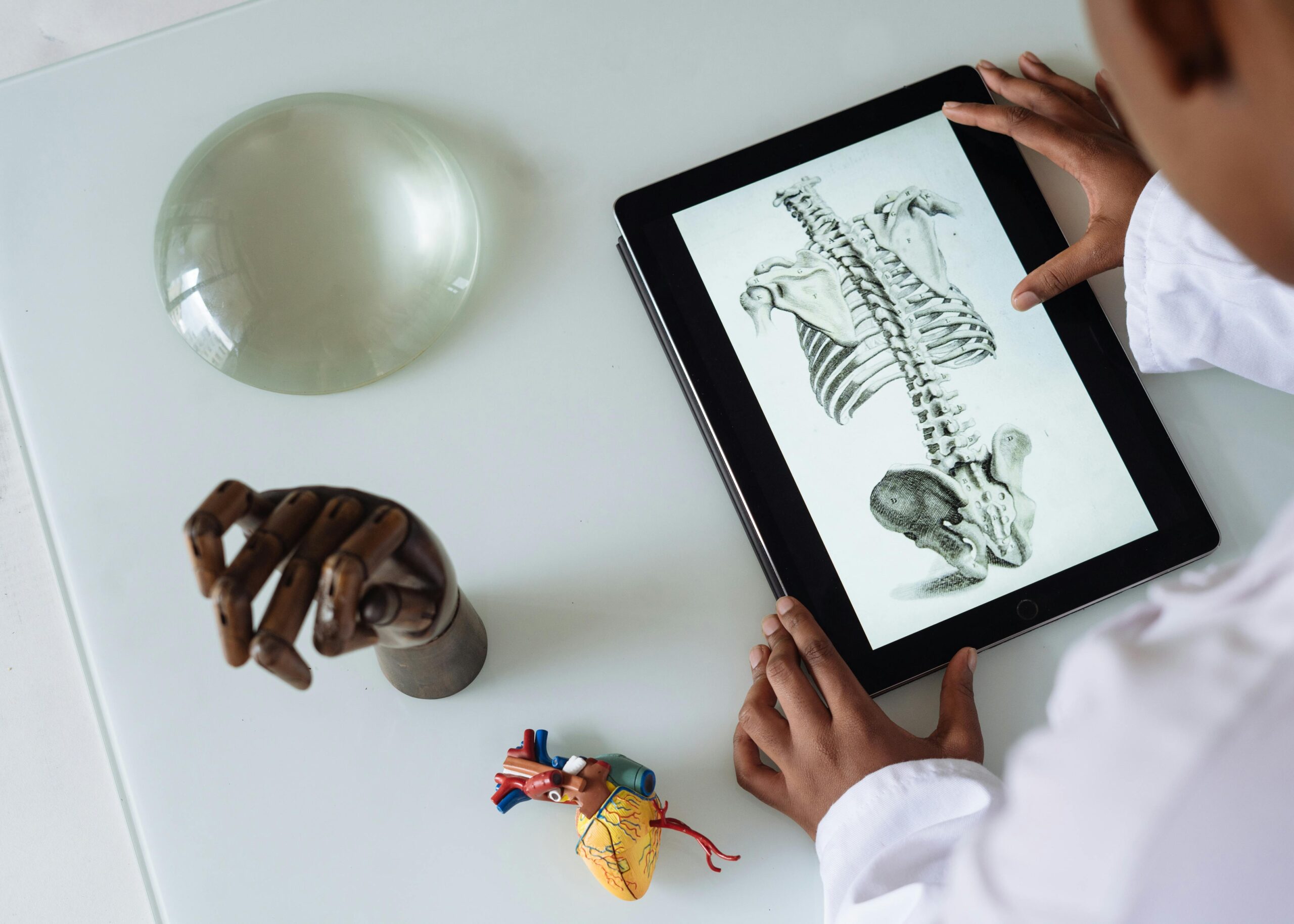Clinical medicine is the foundation of modern healthcare, constantly evolving with new scientific discoveries and technological advancements. As we stand on the cusp of a medical revolution, the integration of innovative research with patient-centered care is reshaping the landscape. But how exactly are these advancements bridging the gap between science and patient care? In this article, we’ll explore the most significant breakthroughs in clinical medicine and how they’re transforming healthcare delivery.
The Role of Innovation in Clinical Medicine
The rapid pace of innovation in clinical medicine has brought about transformative changes. Breakthroughs in medical research, such as the discovery of new drugs and treatment modalities, are enhancing patient care in ways previously unimaginable.
Breakthroughs in Medical Research
From antibiotics to vaccines, medical research has been a cornerstone in improving human health. The development of mRNA vaccines for COVID-19 is a recent example, showcasing how quickly science can respond to global health crises.
Importance of Medical Technology in Patient Outcomes
Technological innovations, such as advanced imaging techniques and wearable health devices, are enabling more precise diagnoses and continuous monitoring, significantly improving patient outcomes.
Precision Medicine: A New Frontier
Precision medicine is a cutting-edge approach that tailors medical treatments to individual patients. Unlike traditional “one-size-fits-all” treatments, precision medicine considers a person’s genetics, environment, and lifestyle.
What is Precision Medicine?
Precision medicine leverages genomic information to predict how patients will respond to specific treatments. By understanding the genetic makeup of diseases, physicians can prescribe more effective therapies with fewer side effects.
How it is Transforming Treatments
This personalized approach is revolutionizing the treatment of diseases such as cancer, where specific genetic mutations can be targeted with precision therapies, leading to improved survival rates.
The Role of Genetics in Personalized Care
Genetic testing allows doctors to customize treatments based on an individual’s genetic profile, ensuring that therapies are tailored to each patient’s unique needs.
Telemedicine: Revolutionizing Access to Care
The COVID-19 pandemic accelerated the adoption of telemedicine, providing a safe and efficient way for patients to receive medical care remotely.
The Rise of Telemedicine Post-Pandemic
Telemedicine allows patients to consult with healthcare providers via video calls, eliminating the need for in-person visits and making healthcare more accessible to those in remote areas.
How Telehealth is Changing the Patient-Doctor Relationship
While telemedicine offers convenience, it has also reshaped the dynamics of patient care, with doctors having to rely on digital tools rather than physical examinations.
Regenerative Medicine: Healing from Within
Regenerative medicine focuses on repairing or replacing damaged tissues and organs through stem cell therapy and tissue engineering.
Stem Cell Therapy and Its Potential
Stem cells have the unique ability to transform into different cell types, offering hope for regenerating tissues damaged by injury or disease.
Tissue Engineering and Regenerative Therapies

By combining cells with biocompatible scaffolds, tissue engineering aims to create functional tissues that can replace damaged ones, reducing the need for organ transplants.
Artificial Intelligence in Clinical Medicine
Artificial intelligence (AI) is becoming an indispensable tool in clinical settings, from diagnosing diseases to assisting in surgical procedures.
AI’s Role in Diagnostics and Decision-Making
AI algorithms can analyze large datasets to detect patterns that may be missed by human clinicians, improving diagnostic accuracy and helping doctors make better-informed decisions.
How Machine Learning is Improving Patient Outcomes
Machine learning models are being used to predict patient outcomes, allowing for early interventions that can prevent complications.
Robotic Surgery: Enhancing Precision in the Operating Room
Robotic-assisted surgeries have become increasingly common, offering greater precision and reducing the risk of human error.
The Benefits of Minimally Invasive Procedures
Robotic surgery allows for smaller incisions, which leads to faster recovery times and less post-operative pain for patients.
Robotic Assistance and Surgeon Capabilities
While robots assist in surgeries, human surgeons remain in control, using robotic tools to perform delicate operations that require enhanced precision.

Immunotherapy: A Game-Changer in Cancer Treatment
Immunotherapy has emerged as a powerful treatment for cancer, harnessing the body’s immune system to fight off tumors.
How Immunotherapy Works
Immunotherapy stimulates the immune system to recognize and attack cancer cells, offering a new line of defense against certain types of cancer.
Success Stories and Future Potential
Patients with previously untreatable cancers, such as melanoma, have experienced remarkable recoveries thanks to immunotherapy. Ongoing research promises even more advancements.
The Role of Big Data in Healthcare
Healthcare providers are using big data to make more informed decisions about patient care.
How Data is Driving New Discoveries
By analyzing patient data, researchers can identify trends and correlations that lead to new treatments and improved outcomes.
Personalized Care Through Predictive Analytics
Predictive analytics can forecast a patient’s likelihood of developing certain conditions, enabling early interventions that prevent disease.

Challenges in Integrating New Technologies
Despite the benefits, integrating advanced medical technologies into routine care comes with challenges.
